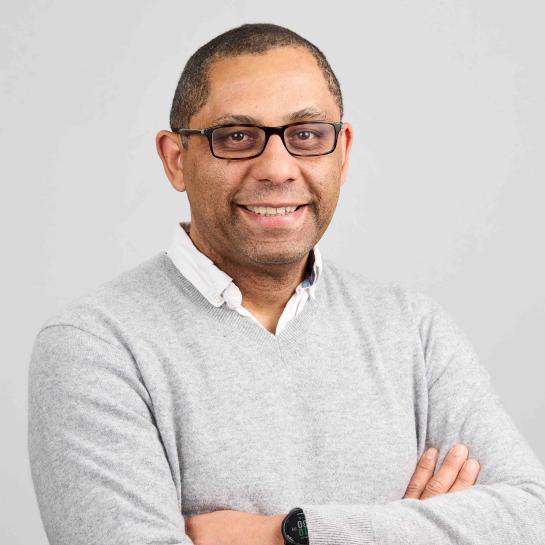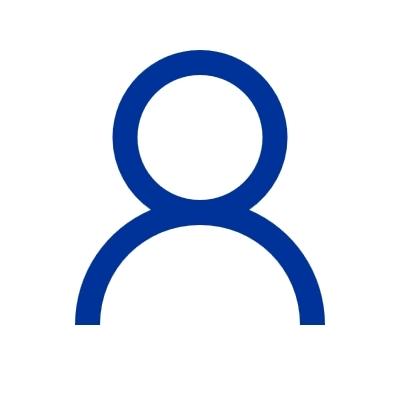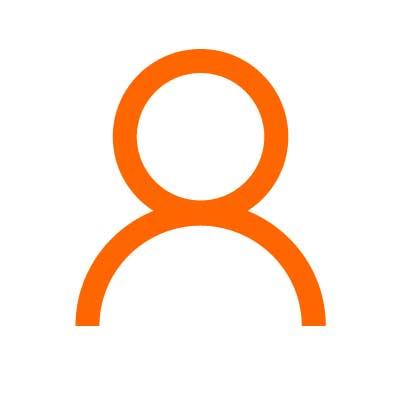'SELAM'
Reinforcing Academic Cooperation in Peace Education between Ethiopian and Flemish Higher Education Institutions
Context
For almost three decades, Flemish and Ethiopian higher education institutions (HEIs) have built close partnerships supported by VLIR-UOS; Ethiopia even being the main recipient of VLIR-UOS funding. This has benefited Ethiopian and Flemish HEIs staff, researchers, and students.
Since 2015, however, Ethiopia has faced a conflict-driven crisis that caused significant harm to individuals, groups, and society at large. Following a partial cessation of hostilities in Tigray, the rectors of the Flemish universities suggested VLIR-UOS to launch a project in collaboration with Ethiopian universities to contribute to transitional justice processes and sustainable peace. Accordingly, representatives of the 6 Flemish HEIs (Vrije Universiteit Brussel, Catholic University Leuven, Antwerp University, Ghent University, Hasselt University and the consortium of universities of applied sciences) and five main Ethiopian partner universities (Addis Ababa University, Mekelle University, Arba Minch University, Bahir Dar University and Jimma University) in cooperation with relevant stakeholders (universities, relevant ministries, public institutions and civil society organizations) drafted a context-specific and demand-driven project based on Ethiopian needs called SELAM (or peace in Amharic).
This 5-year project will start as a Platform and International Training Programme on Peace Studies from 1 September 2024 to 31 August 2027 with a budget of 150.000 EUR. Subject to a successful evaluation of the first phase, an additional 150.000 EUR may be allocated for a second phase running from 1 September 2027 to 31 August 2029.
In its first phase, SELAM aims to enhance structural academic collaboration between the partner HEIs to strengthen individual and organizational capacities to support peace, resolve conflicts, and foster a culture of dialogue and respect for human rights in Ethiopia. Its focus is threefold: (1) to create a common platform for Ethiopian and Flemish HEIs and their partners to collaborate, strengthen research capacity, network and provide input for policy-makers on peace education; (2) establish a forum where the project partners will co-create a blended, tailor-made, tested and certified teaching/training toolbox on peace education for HEIs as well as other relevant stakeholders such as civil society organizations, governmental bodies/institutions, and community leaders in Ethiopia; and (3) enhance the individual and collective capacity of Ethiopian universities to support peace education. As such, SELAM contributes to the SDG 4, 5, 10, 16 and 17.
Objectives
SELAM’s objective is to (1) create a network of Ethiopian and Flemish HEI, enabling the development of an academic environment for sustainable peace and development, and (2) contribute to open dialogue and support efforts towards academic and civil society cooperation in peace education.
More specifically, SELAM aims to
- strengthen the long-lasting academic relationships between Flemish and Ethiopian HEIs and valorize global partnerships as bridges between societies (SDG 4, 16 & 17);
- foster cooperation among these HEIs by offering staff the opportunity to meet, work, learn and co-create together (SDG 4, 5 &16);
- systematic map of existing university curricula and activities of CSOs and government institutions to have a detailed view of what exists and is still missing or works best.
- contribute to developing a framework through which knowledge and skills with regard to peace education (including sustainable (human) development, peaceful conflict resolution, transitional and reparative justice, and human rights) are deepened and shared among academic staff in Ethiopia and Flanders (SDG 4, 5 &16);
- develop relevant quality training adapted to the needs of various stakeholders (SDG 4);
- develop a multi-stakeholder partnership that includes the engagement and input of Ethiopian and Flemish HEIs and relevant governmental and civil society stakeholders (SDG 16 & 17);
- strengthen the involvement of women, youth and other vulnerable people (SDG 5 & 10).
Approach and activities of the first phase
Considering the Ethiopian context, this project deploys an open, do-no-harm approach. It is demand-driven and strengthens the capacities of Ethiopian and Flemish higher education institutions, as well as a limited set of external stakeholders from the Ethiopian civil society organisations, governmental bodies, and community leaders.
The project focuses on three interrelated sets of activities
(1) strengthen academic structural collaboration on peace education between Ethiopian and Flemish HEIs and relevant stakeholders
SELAM will create a multi-institutional partnership composed of the representatives of six Flemish HEIs and five Ethiopian universities selected based on past cooperation with Flemish HEIs, geographical spreading, reputation and the existence of education/research programs focusing on peace studies.
The partnership of Flemish and Ethiopian HEIs will function as an interactive PLATFORM with a Steering Committee and a Multi-Stakeholder Network. The interaction among partner HEIs in the Steering Committee will lay the foundations for joint action, research and knowledge dissemination in peace education. Its Multi-Stakeholder Network will be important in exchanging and disseminating information/knowledge throughout the broader community of relevant stakeholders. It will also enrich the collective understanding of Ethiopia's peace education, including for women, youth, and other vulnerable people.
(2) co-create and certify a case-based teaching/training toolbox that applies a holistic, interdisciplinary perspective on peace education.
The teaching/training toolbox is a blended interdisciplinary practical and problem-oriented teaching/training support accompanied by a manual subdivided in chapters on peace-related domains such as foundations of a culture of dialogue, conflict resolution, transitional justice, human rights, gender-based violence, … while also paying attention to adequate training methods, required teaching tools, a list of transferrable skills, needs of women, youth and other vulnerable people. The teaching/training toolbox will be freely available (via the websites of the PLATFORM and partner universities), allowing open access for other relevant stakeholders.
(3) enhance Ethiopian universities' individual and collective capacity to support peace education.
The process of working together for knowledge sharing (1) and developing course materials (2) between staff of partner institutions will increase their capacity and the capacity of their respective universities to work together, develop common strategies, write research projects, and co-create, test and certify practical, problem oriented and need-based teaching/training tools.
Project team
The project team is composed of Prof. Stefaan Smis (VUB – Flemish promotor), Prof. Stephan Parmentier (KU Leuven – Flemish co-promotor), Dr. Ezéchiel Amani Cirimwami (VUB – Flemish project staff), Prof. Matthias Vanhullebusch (UHasselt), Prof. Stef Vandeginste (UAntwerp), Prof. Tine Destrooper (UGhent) and Cornelis Stal (HoGent) on the Flemish side and Prof. Dagim Wondimu Dajene (AMU – Ethiopian promotor), Prof. Debebe Ero (AAU), Prof. Seife Hailu Gebreslassie (MU), Prof. Ameyu Godeso (JU), Prof. Taye Demissie (BDU) and Dr. Bacha Kebede Debela (OSU – Ethiopian project staff) on the Ethiopian side.
Roeland Janssen (KU Leuven) and Christophe Goossens (VUB) are acting as ICOS-support.
Contacts:
stephan.parmentier@kuleuven.be
Ezechiel.Cirimwami.Amani@vub.be



